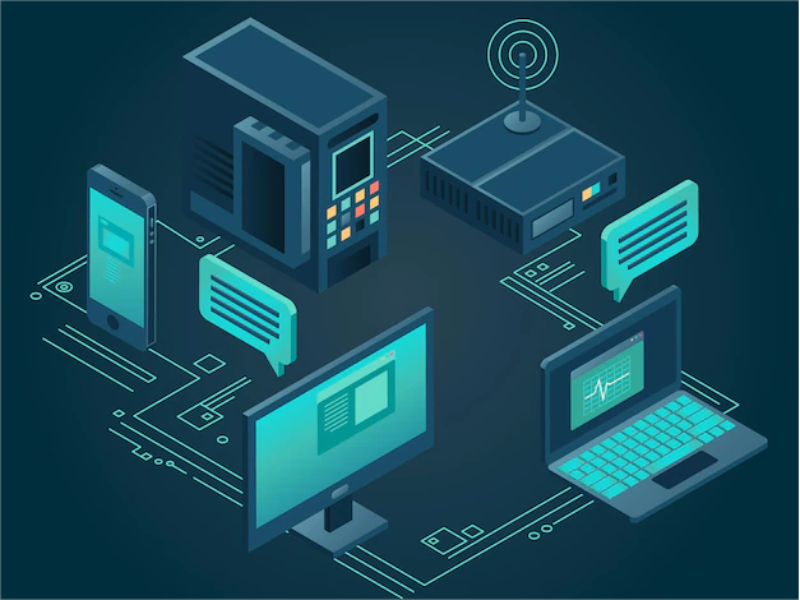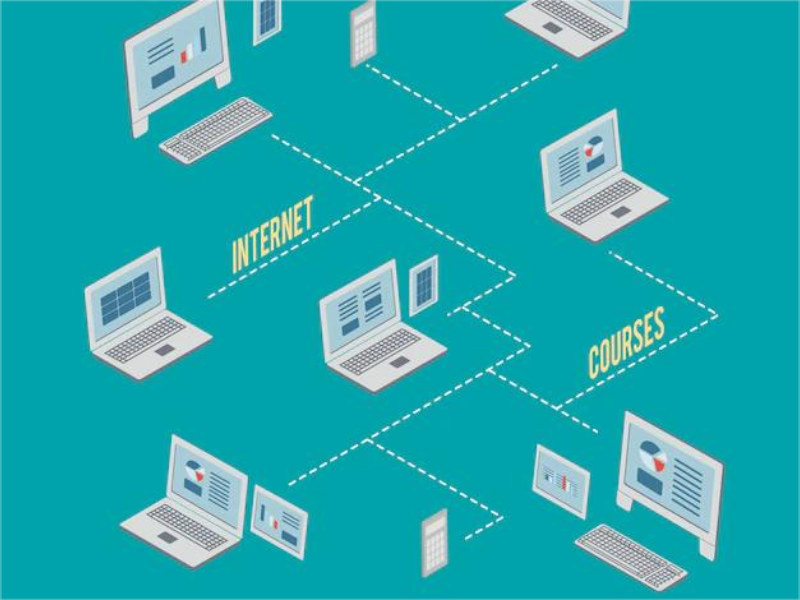- Network protocols define how devices communicate, ensuring reliability and security.
- They are used in internet communication, local networks, and IoT devices.
Understanding network protocols is crucial for anyone involved in technology, as they govern the rules and conventions for communication between network devices. These protocols ensure efficient and reliable communication from data transfer to error handling. This blog explores the fundamentals of network protocols, their functions, and their importance in today’s interconnected world.
What are network protocols
Network protocols are a set of rules and conventions that define how data is transmitted and received across networks. These protocols ensure that devices, regardless of their underlying hardware or software, can communicate effectively. They are essential for maintaining data integrity, controlling data flow, and ensuring security in digital communication.
Also read: Demystifying network protocols: rules for data communication
Functions and applications of network protocols
Network protocols serve several vital functions that enable seamless communication across different networks:
1. Data transmission: Protocols define how data packets are formatted, transmitted, and received over the network. This includes determining packet size, transmission speed, and error-checking mechanisms.
2. Error handling: To ensure data integrity, protocols incorporate error detection and correction techniques. This minimises data corruption and loss during transmission.
3. Flow control: Protocols manage the rate of data transmission between devices to prevent congestion and ensure efficient data flow. This is crucial in maintaining network performance and preventing overloads.
4. Security: Network protocols implement various security measures, such as encryption and authentication, to protect data from unauthorised access and ensure secure communication.

Network protocols are ubiquitous and find applications in various areas, including:
1. Internet communication: Protocols like HTTP, FTP, and SMTP enable web browsing, file transfer, and email communication.
2. Local Area Networks (LANs): Protocols such as Ethernet and Wi-Fi allow devices within a limited area to communicate and share resources.
3. Wide Area Networks (WANs): Protocols like MPLS and BGP facilitate communication over large geographical distances, connecting different LANs.
4. Wireless communication: Protocols such as Bluetooth and Zigbee enable short-range wireless communication between devices.
5. IoT devices: Protocols like MQTT and CoAP support communication between Internet of Things (IoT) devices, allowing for efficient data exchange in smart environments.
Also read: 3 recommended secure protocols for network address translation
Importance of network protocols
Network protocols are crucial for the following reasons:
1. Interoperability: Protocols ensure that devices from different manufacturers can communicate seamlessly, promoting interoperability and compatibility.
2. Reliability: By implementing error-checking and correction mechanisms, protocols enhance the reliability of data transmission, reducing the likelihood of data loss or corruption.
3. Efficiency: Protocols optimise data transmission, managing flow control and congestion to maintain network performance.
4. Security: Protocols provide robust security measures to protect data from threats and ensure privacy and integrity.
5. Scalability: Protocols support the growth and expansion of networks, allowing them to accommodate more devices and higher data volumes.
Network protocols are the unsung heroes of modern communication, enabling seamless data exchange across diverse networks. By understanding their functions and importance, we can appreciate the complexity and sophistication that underpin our digital world.

